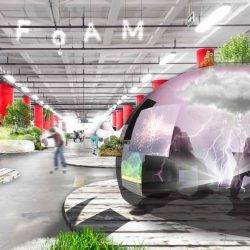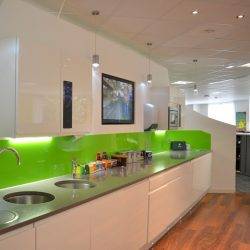February 15, 2017
Millennials now less likely to give up job security, but still want flexible work 0

Millennials are less likely to leave the security of their jobs this year as the events of 2016; terror attacks in Europe, Brexit, and a contentious US presidential election appear to have rattled their confidence. This is according to Deloitte’s sixth annual Millennial Survey of nearly 8,000 millennials from 30 countries, which found that the “loyalty gap” between those who saw themselves leaving their companies within two years and those who anticipated staying beyond five years has moved from 17 percentage points last year to seven points. The desire for security is also apparent in the finding that, while millennials perceive across-the-board advantages of working as freelancers or consultants, nearly two-thirds said they prefer full-time employment. Those in highly flexible organizations appear to be much more loyal to their employers and are two-and-a-half times more likely to believe that flexible working practices have a positive impact on financial performance than those in more restrictive organizations. Three-quarters of those offered flexible working opportunities say they trust colleagues to respect it, and 78 percent feel trusted by their line managers.

































October 7, 2016
Are we seeing the workification of home or the homification of work? 0
by Anna King • Comment, Flexible working, Workplace design
(more…)